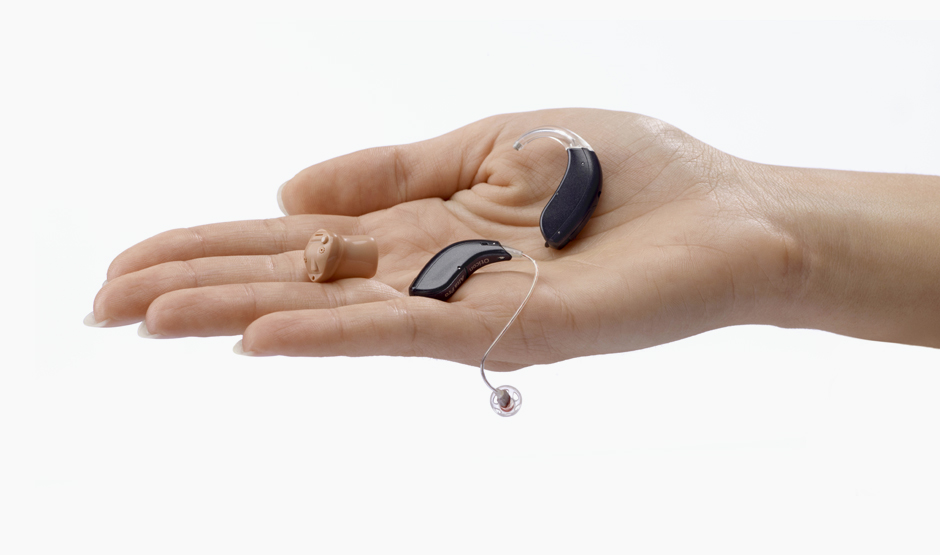Ten years ago, an audiologist noticed how some patients were being fit with hearing aids not appropriate for their hearing, so he decided to do something about it.
Myths and More About Buying Hearing Aids
The paper reports that its survey found 75 percent of respondents elected to go to an audiologist for hearing healthcare services compared with 20 percent visiting a hearing instrument specialist.
Think You Need Hearing Aids? Here’s Where to Start
Here’s our guide to what to consider when starting out with hearing aids, from what to expect and what to ask about, to what all those initials mean after a hearing care provider’s name.
OTC Hearing Aids: The Good, the Bad, and the Ugly
OTC hearing aids will be sold both in-person and online, and it is critical that you educate yourself and, as with any purchase, weigh the benefits and drawbacks.
A Look at the Business of Selling Hearing Aids
As a former retailer, I think if electronic marvels like smartphones or smartwatches could be profitably sold at a fraction of the price of the average pair of hearing aids, someone somewhere had to be making a bundle while serving the needs of people with hearing loss.
Trying Out Hearing Aids Through ‘Blended Distribution’
The blended business model relies heavily on the internet to capture customers, and it's reported that those customers are around 10 years younger than the typical hearing care office's clientele. Tech-savvy boomers are accustomed to researching options and shopping online.
Why So Many Can’t Afford to Hear Better
Only about 14 percent of Americans with hearing loss use hearing aids. For many others, this vital, life-changing treatment that facilitates participation in meaningful conversations with friends and family is out of reach financially.
Hearing Health Foundation (HHF)’s 2017 hearing loss survey, created to better understand our constituents’ opinions related to hearing loss, was cited by a WBUR-FM Here & Now radio segment highlighting the barriers to hearing loss treatment that Americans encounter.
The news story opens with commentary from retiree Betty Hauck, 72, who was shocked when her first pair of hearing aids cost her $5,600—with no assistance from Medicare.
“A price tag like that is often a surprise to people buying hearing aids for the first time. Four states—Arkansas, Connecticut, New Hampshire and Rhode Island—require health plans to cover hearing aids for children and adults,” explains reporter Peter O’Dowd.
“But those benefits are rare. A 2017 survey by the Hearing Health Foundation, a group that funds research and advocates for treatments and cures for hearing loss, found that 40 percent of the people they asked had no hearing aid coverage through health insurance.”
Kevin Franck, director of audiology at Massachusetts Eye and Ear, among other experts, are hopeful that the Over-the-Counter Hearing Aid Act of 2017 will reduce barriers—cost, stigma, and hassle—encouraging greater adoption.
You can access the full WBUR segment, here.
Note: The audio segment is not captioned but is summarized in print.



